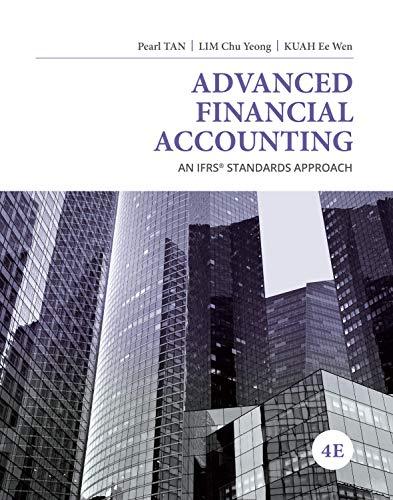Question
1) What are the two most likely reasons an unfavorable total materials variance may exist? A) Inflation caused an increase in the cost to acquire
1) What are the two most likely reasons an unfavorable total materials variance may exist?
A) Inflation caused an increase in the cost to acquire materials of the same quality, and due to this inflation, the company purchased fewer materials than used.
B) The company used less material than it purchased, and the amount paid for the material was more than the standard price.
C) The price paid was more than the standard price, and the quantity budgeted was less than quantity used.
D) The price paid was more than the standard price, and the quantity used was less than the quantity budgeted.
2) AtForess, the standard price for the M640 electrical relay (a component used in the production of a commercial refrigeration unit) is $63. Standards call for2.0relays per unit of finished product. In July, the company purchased145relays for $8,555. The company used114relays in the production of48refrigeration units (4relays were damaged in the installation process).
Calculate the material price variance and the material quantity variance related to the M640 electrical relay. Indicate whether the variances are favorable or unfavorable.(Round intermediate calculations to 2 decimal places, e.g. 14.37 and final answers to 0 decimal places, e.g. 125. Enter all variances as a positive number.)
What is the Material Price Variance: $
What is the Material Quantity Variance: $
3) AtPukalani, the standard quantity of labor is24hours per refrigeration unit. The standard wage rate is $34. In July, the company produced79refrigeration units and incurred2,120labor hours at a cost of $74,200.
Calculate the labor rate variance and the labor efficiency variance. Indicate whether the variances are favorable or unfavorable.(Round intermediate calculations to 2 decimal places, e.g. 14.37 and final answers to 0 decimal places, e.g. 125. Enter all variances as a positive number.)
What is the Labor Rate Variance: $
What is the Labor Efficiency Variance: $
4) The standard labor cost in the production of a pair ofGoldenBrand athletic shoes is0.40hours at $14.00per hour. During the month of June,24,540pairs were produced. Actual labor costs were $115,500for8,250hours. Compute the labor rate and labor efficiency variances for the month of June.(Round actual wage rate to 2 decimal places, e.g. 15.25 and final answers to 0 decimal places, e.g. 125. Enter all variances as a positive number.)
What is the Labor Rate Variance: $
What is the Labor Efficiency Variance: $
5) TheKokomoCompany uses a standard costing system. During 2021, the company incurred actual overhead of $572,100. The standard rate for applying overhead is $4.17per unit, and127,200units were produced in 2021. One-third of the total overhead variance is attributed to the volume variance, and the remainder is attributed to the controllable overhead variance. Prepare the journal entries to record overhead incurred (you should credit "various accounts") and the overhead variances.(Credit account titles are automatically indented when the amount is entered. Do not indent manually.)
List of Accounts
- Accounts Payable
- Accounts Receivable
- Controllable Overhead Variance
- Cost of Goods Sold
- Finished Goods Inventory
- Labor Efficiency Variance
- Labor Rate Variance
- Material Price Variance
- Material Quantity Variance
- Manufacturing Overhead
- Various Accounts
- Overhead Volume Variance
- Raw Materials Inventory
- Wages Payable
- Work in Process Inventory

Step by Step Solution
There are 3 Steps involved in it
Step: 1

Get Instant Access to Expert-Tailored Solutions
See step-by-step solutions with expert insights and AI powered tools for academic success
Step: 2

Step: 3

Ace Your Homework with AI
Get the answers you need in no time with our AI-driven, step-by-step assistance
Get Started


